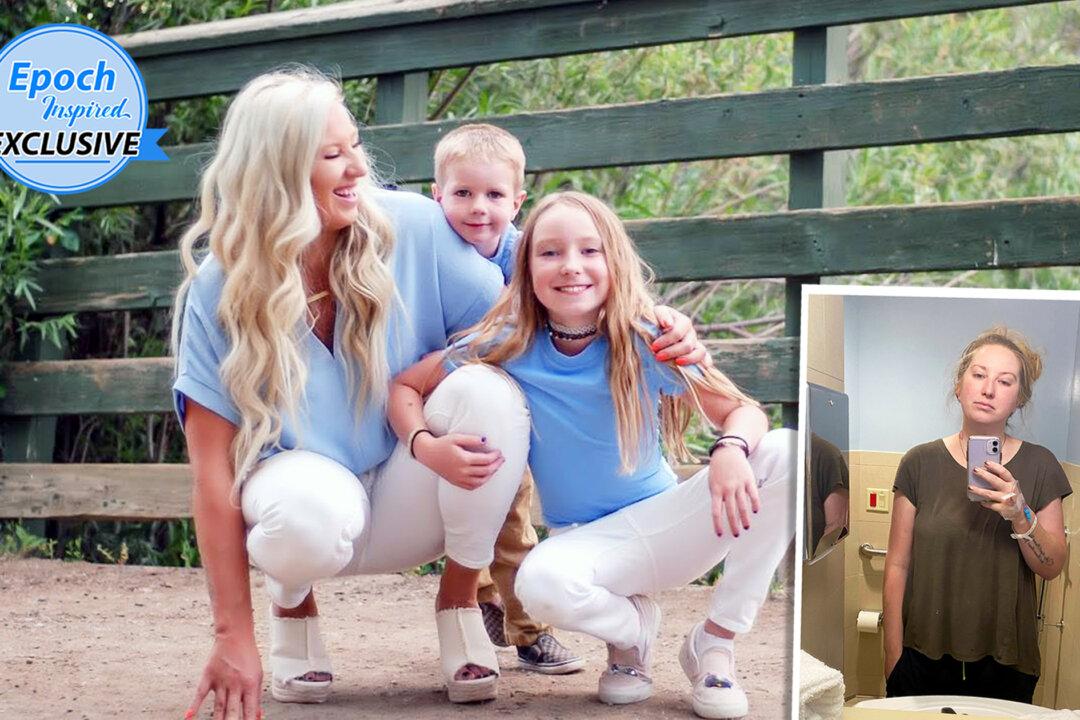Losing her brother to suicide sent a new mother to seek solace in alcohol, a habit that slowly spiraled out of control. Her rock-bottom moment occurred in a doctor’s office when she was diagnosed with pancreatitis.
Today, 30-year-old mom-of-two Nicole Marso, of Denver, Colorado, is fighting to stay sober for her health, her kids, and their future. Describing her journey out of addiction as “the easiest hard thing” that she has ever done, Nicole hopes her story of pain, hope, and healing would help others.





